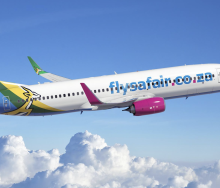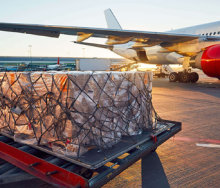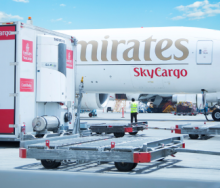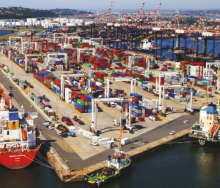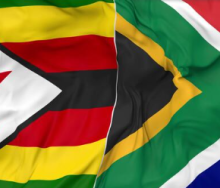Sugar tax is a revenue grab that will have zero health benefit to SA and may worsen socio-economic circumstances, according to a new report released by the Institute for Race Relations (IRR) this morning (Wednesday).
The report, compiled by the IRR’s head of policy research, Dr Anthea Jeffery, shows that the proposed 20% excise tax on sugar-sweetened beverages (SSB tax) will do almost nothing to improve the health of South Africans. “It is rather an attempt to raise more money by a desperate government that is running short of revenue,” said Jeffery.
She commented that international experience showed that sugar taxes worked badly in countering obesity. “Despite their ineffectiveness, sugar taxes get by far the most media attention – while more successful interventions are largely overlooked. That sugar taxes yield useful amounts of revenue is also why governments prefer them to initiatives known to work far better against obesity,” said Jeffery.
She pointed out that this international experience was directly relevant to South Africa, where the yield from the proposed SSB tax was likely to be substantial.
“Based on 2015 sales figures for the SSBs likely to be subjected to the tax, the yield from the new tax could well be R10.5bn and perhaps even more.”
Moreover, once the SSB tax has been implemented, the government is planning to push for similar taxes on other sugary foods, as well as on other products seen as contributing to obesity, such as ‘fast foods’ and those high in salt.
The IRR policy report shows that, before long, SSB and similar taxes could thus bring in the full R20bn that could be generated by increasing the VAT rate to 15% – but without the government having to confront the public outcry that an overt VAT increase would spark.

